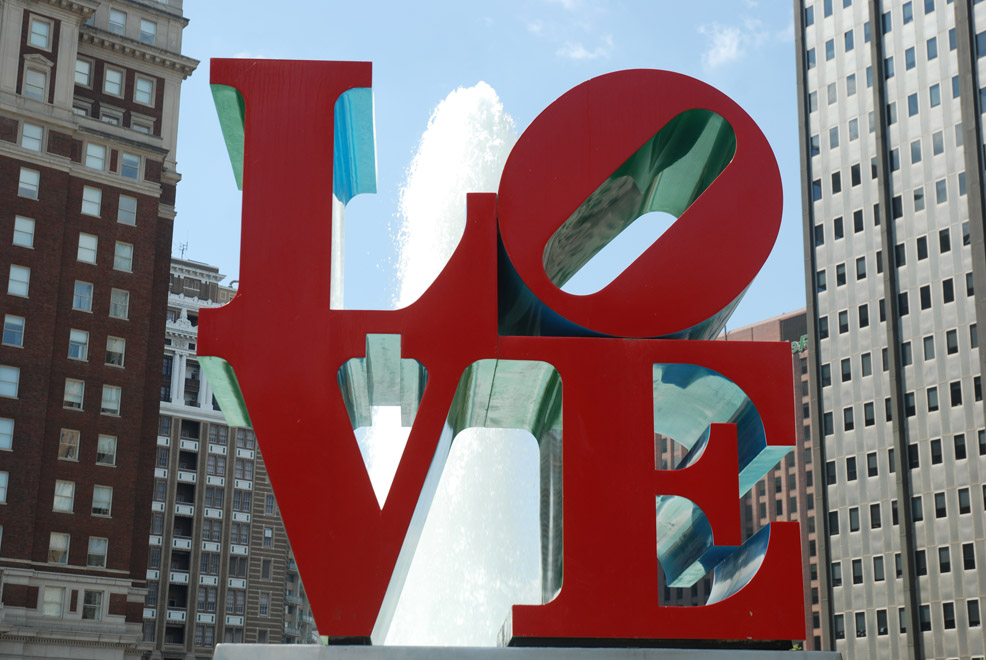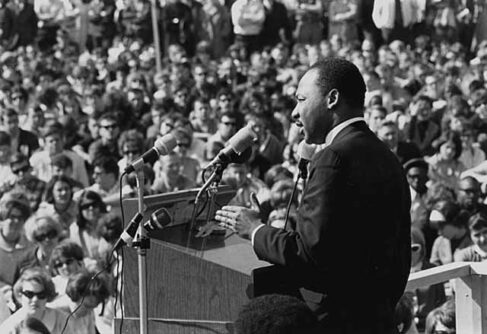New York Times columnist Nicholas Kristof’s Thanksgiving column illustrates what is so right—and so wrong—about the liberal view of meeting the needs of the less fortunate.
Kristof begins by describing callous responses to some of his columns about the needy. One reader asserted, “If kids are going hungry, it is because of the parents not upholding their responsibilities,” while another, referring to an uninsured smoker whose colon cancer diagnosis was delayed because he postponed going to see a doctor, wrote, “What kind of a lame brain doofus is this guy? And like it’s our fault that he couldn’t afford to have himself checked out?”
About such cold-hearted critics, Kristof asks, “Where is the love?”
Kristof goes on to note that the bottom quintile of earners give more, as a percentage of income, than the top quintile of earners, which he interprets as showing that “Low-income Americans, who actually encounter the needy in daily life, understand this complexity and respond with empathy.” Kristof concludes, “Maybe we need a conversation about empathy for fellow humans in distress.”
The smug message is unmistakable: rich people, by and large, aren’t empathetic but are instead wrapped up in a self-serving narrative about those who work hard faring well and those who are lazy and irresponsible faring poorly. They don’t feel the love.
Kristof is on to something: where, indeed, is the compassion for hungry children or someone facing a grave medical diagnosis that so many seem not to feel? And, it is not merely incongruous but deeply troubling that wealthy Americans are, on average, less generous than low-income Americans.
But liberals, and the less-well-to-do, don’t have a monopoly on empathy. Mitt Romney, just for example, could have become one of the wealthiest conservative presidents in U.S. history—while he and his wife gave one-sixth of their income to charities, and Romney’s long record as a volunteer demonstrates that he wasn’t just writing a check but acting on empathy for others.
Kristof’s proposal for addressing the cold-hearted is to invoke the “veil of ignorance” postulated by the political philosopher John Rawls, perhaps the most influential philosopher for today’s liberal intellectuals:
John Rawls, the brilliant 20th-century philosopher, argued for a society that seems fair if we consider it from behind a “veil of ignorance” — meaning we don’t know whether we’ll be born to an investment banker or a teenage mom, in a leafy suburb or a gang-ridden inner city, healthy or disabled, smart or struggling, privileged or disadvantaged. That’s a shrewd analytical tool — and who among us would argue for food stamp cuts if we thought we might be among the hungry children?
The purpose of Rawls’ veil of ignorance is create a situation in which we are all “mutually disinterested”—with no concern for others’ happiness (because we don’t know anything about each other). The veil of ignorance is designed to prevent us from “unfairly” giving to those for whom we might feel compassion rather than to those whom mutually disinterested, rational judges, operating behind a veil of ignorance, have judged most needy.
Thus the solution to a lack of empathy, in liberals’ vision, is the rational distribution of wealth according to a scheme deemed fair by technocratic experts—a sort of a technocratic work-around a lack of empathy. It’s easy to see how this view justifies the displacedment of private, local charities with big-government programs managed by “experts.” It assumes that expertise can get around the problem of misbenighted wealthy people who don’t “give back” by taxing them to support government programs.
Although Kristof seems not to realize it, Rawls’ “veil of ignorance” runs exactly contrary to Kristof’s call for more compassion. It’s Kristof’s implicit trust in technocratic expertise—and the sense that “experts know best”—that gives Kristof’s column the smug, knowing tone that spoils its call to care more for the less fortunate.
We do need more empathy for the less fortunate—to find that love Kristof mentions. Conservatives agree with this proposition. And what conservatives contribute to the conversation is an argument that we shouldn’t create a technocratic work-around but take up the difficult task of fostering empathy by encouraging citizens to be more active, more curious, and more involved in their communities (perhaps starting with young people and programs like Teach for America). Active citizens are more able to make an honest assessment about how much of their own good fortune is attributable to luck and circumstance rather than merit, and how much of others’ misfortunes are due to circumstances beyond their control.






